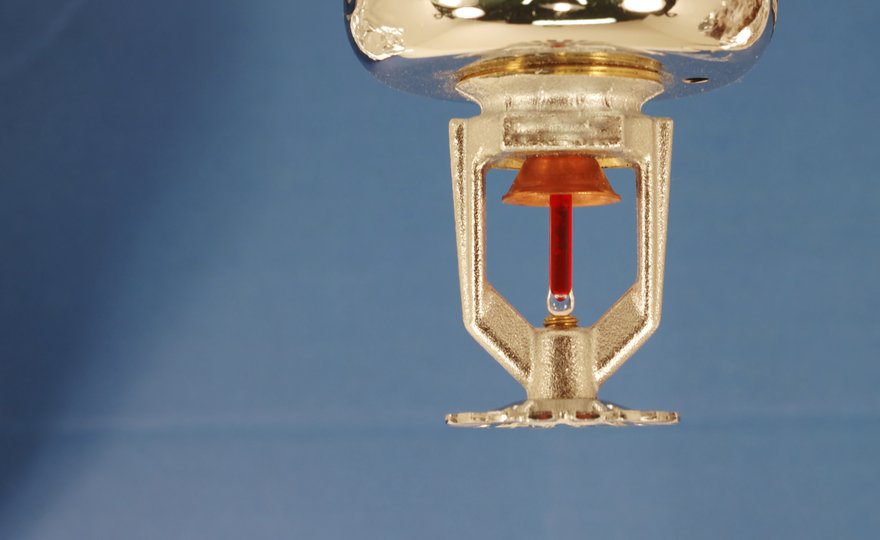This month, a European Commission law comes into force which is designed to cut the use of hydrofluorocarbons (HFCs). It will affect the fire suppression systems in data centers.
European regulations on the use of hazardous susbstances have been evolving for some time, but in March 2014, the European Parliament voted to cut the use of HFCs by 79 per cent (compared to the 2009 to 2012 levels). As HFCs are routinely used in fire suppression systems, this will have an effect on data center design and operation.
The new Regulation (EU) No 517/2014 comes into force this month (January 2015) but it gives industries until 2030 to achieve the required cuts. It replaces an early law, Regulation (EC) No 842/2006.
Halon farewell
As a Regulation, the new law is immediately binding on member states, and doesn’t require a subsequent implementation by each of the national governments in Europe like the less powerful European Directives.
HFCs can prevent burning while not posing a hazard to humans in the data center, but they have a long term risk as they are potent greenhouse gases. For instance, one comercial example, HFC-227ea has 3,000 times the climate impact of CO2. Although the volume of CO2 produced from fossil fuels is far greater, it has been predicted by the US National Academy of Sciences that HFCs could account for more than ten percent of the global manmade greenhouse effect by 2050.
Arguably, data centers should be eliminating HFCs anyway, on these grounds, says Bart Goeman from 3M, who has presented his advice to Datacenter Dynamics readers.
HFC producers will be tied to a quota which will reduce during the period of the legislation. So, although HFCs will still be available - and will not be emitted in large quantities from fire suppression systems unless they are called into use - HFCs will become scarcer and more expensive.
This will affect new systems, and also the re-charging of older ones, as well as creating strict rules around the decommissioning of such systems.
Similar laws are under consideration by the US environmental protection agency (EPA) and other agreements are under consideration in China, Malaysia and India.
Read advice from Bart Goeman of 3M.

